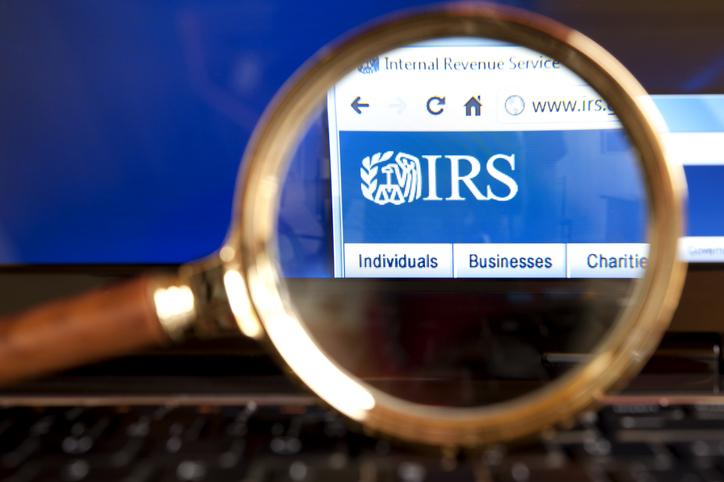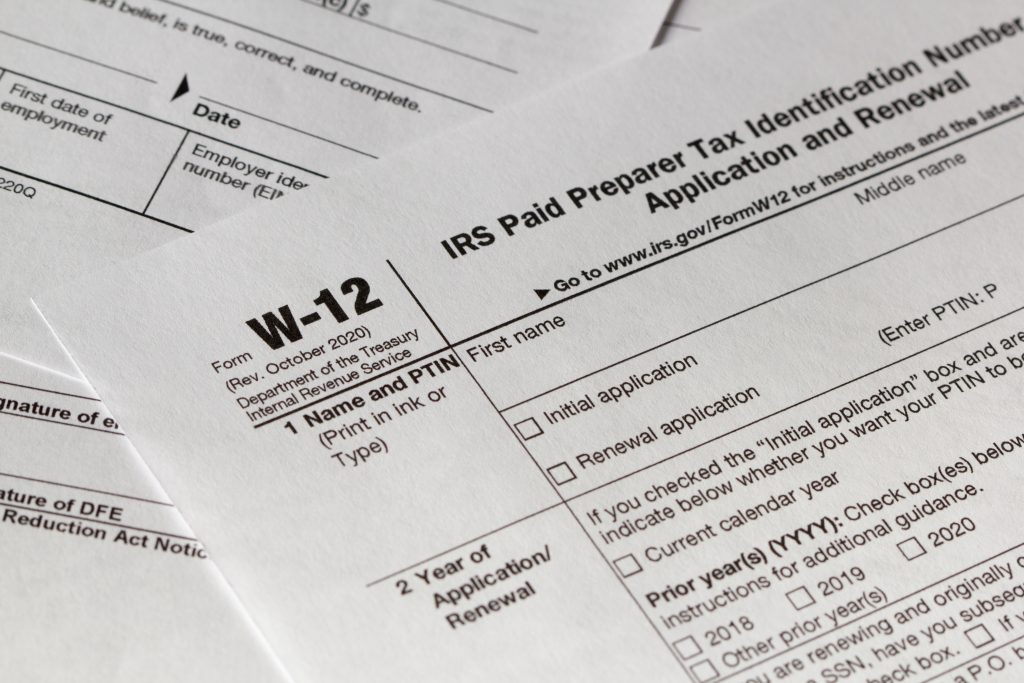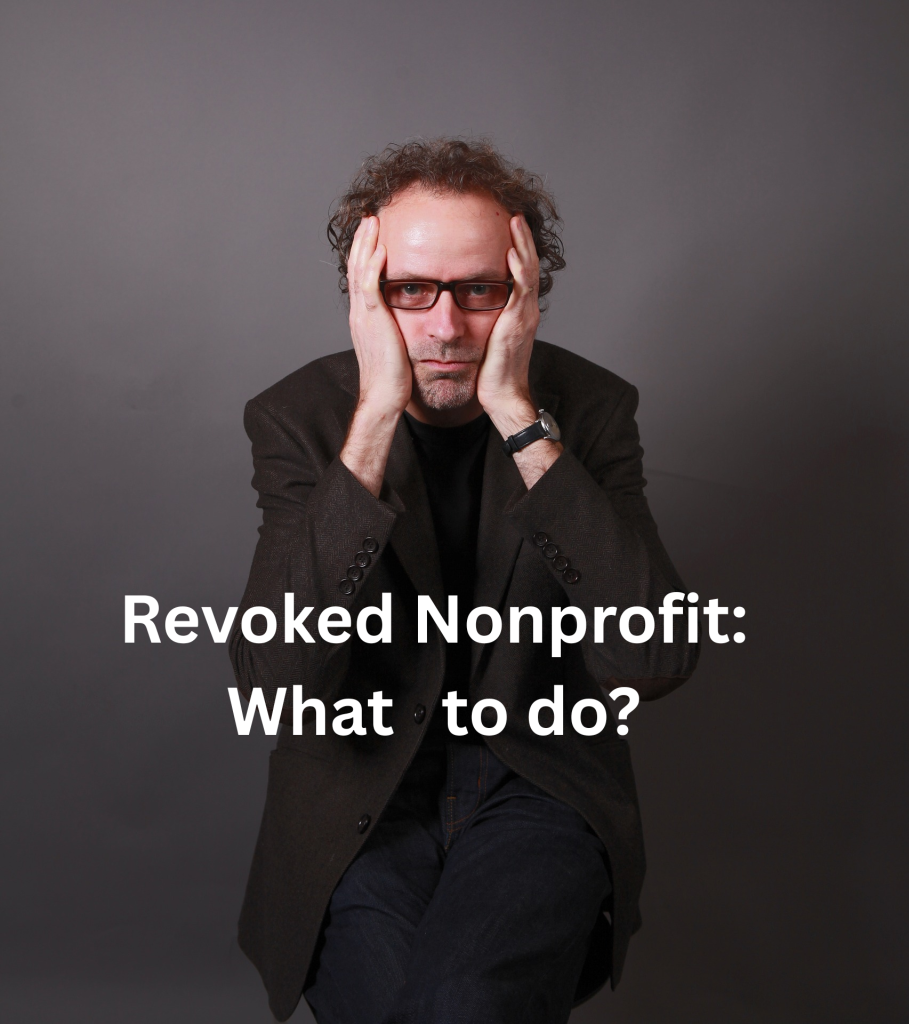
Form 1023 Questions Posted by IRS
The IRS has posted in links to the questions Exempt Organizations specialists are instructed to ask in relation to various issues raised by applications for exemption and miscellaneous determination requests.

The IRS has posted in links to the questions Exempt Organizations specialists are instructed to ask in relation to various issues raised by applications for exemption and miscellaneous determination requests.

This very helpful Procedure sets forth streamlined processes organizations whose tax-exempt status has been automatically revoked for failure to file required annual returns or notices for 3 consecutive years to regain their tax-exempt status retroactive to the date of of revocation.

We are used to hearing lots of folks – including yours truly – complain about the “nonprofit birth control” problem in this country. While it is true that too many nonprofits are formed for the wrong reasons – there are also many good reasons to form a new nonprofit. The trick is to learn to tell the difference.

In general, 1023 exemption applications are processed in the order of receipt by the IRS, and expedited processing is available only if there is a compelling reason for it. There are reports that over 80% of requests for expedited processing are denied. If the organization needs its determination letter in a hurry because of circumstances that are within its control, the IRS is not likely to feel that the situation justifies expedited handling.

In an effort to make applying for tax exemption easier, the IRS Exempt Organizations (EO) office is developing an Interactive Form 1023, Application for Recognition of Exemption (i1023).

Just a few months ago, we were still telling clients to expect the process to take approximately one year. Now we are telling clients to prepare to wait two full years before they receive a determination letter.

Section 501(c)(3) of the Internal Revenue Code allows for tax exemption for organizations organized and operated to foster national or international amateur sports competition so long as no part of the net earnings inure to the benefit of any private shareholder or individual. A parent run booster club must be organized so that it benefits the entire class of athletes or participants and does not benefit certain individuals over others.

Charities should be aware that it is now illegal for anyone to receive compensation for preparing a return for someone else if they have not obtained a PTIN from the IRS first; a paid preparer who is not registered with the IRS is perpetrating fraud. If a charity chooses to work with an unregistered paid preparer, it opens itself up to IRS scrutiny and, possibly, denial of tax exemption plus additional attorneys’ fees to resolve any issues arising from the initial filing. Charities also need to keep in mind that the organization, regardless of whether or not a paid preparer was used, is ultimately responsible for the information in it’s exemption application.

The IRS has released a new form for tax-exempt organizations to use when they request determinations (other than initial exemption applications) about their tax-exempt status.

Today, the IRS has made public the long awaited list of organizations that automatically lost their tax-exempt status due to their failure to file a Form 990, 990-EZ or 990-N for three consecutive years. The IRS announced that it has revoked the tax-exempt status of approximately 275,000 such organizations, including over 4,000 in Arizona.
Download our free guide to learn about the many elements needed to run a successful nonprofit organization, as well as how to avoid common pitfalls and mistakes.